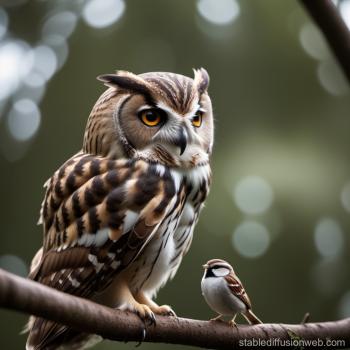Billy Collins, the former U. S. Poet Laureate, tells about how he was influenced as a poet by Bugs Bunny, Daffy Duck, and other Warner Brothers cartoons. The piece will open your eyes to both the creative process and the genius of those cartoon classics. You should read the whole thing, but here is a sample from Inspired by a Bunny Wabbit:
I think what these animations offered me besides some very speedy, colorful entertainment was an alternative to the static reality around me that dutifully followed the laws of the physical world. The brothers Warner presented a flexible, malleable world that defied Newton, a world of such plasticity that anything imaginable was possible. Bugs Bunny could suddenly pull a lawn mower, or anything else that might come in handy, out of his pants pocket, and he wasn’t even wearing pants. Flattened by a 500-pound anvil, Wile E. Coyote could snap back into shape in a heartbeat. A box containing a pair of Acme rocket-powered roller skates would arrive in the desert with no sign of a delivery service (though you suspected it would be called Ace Delivery).
















